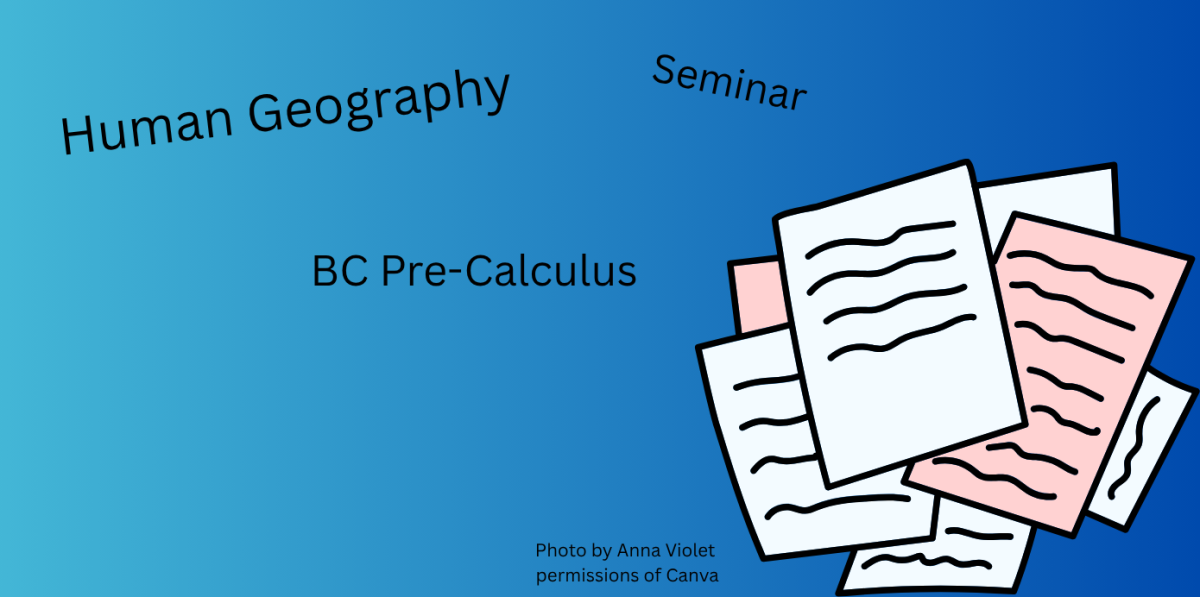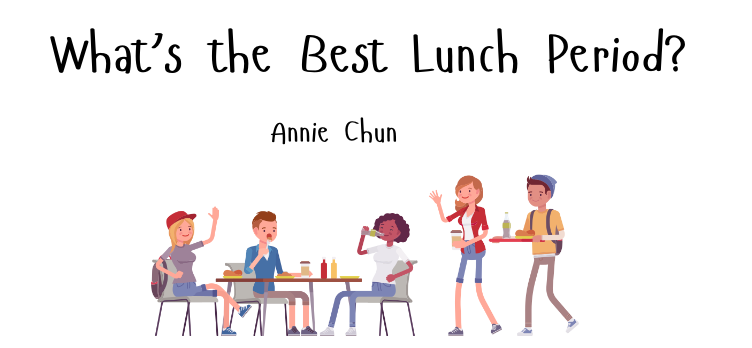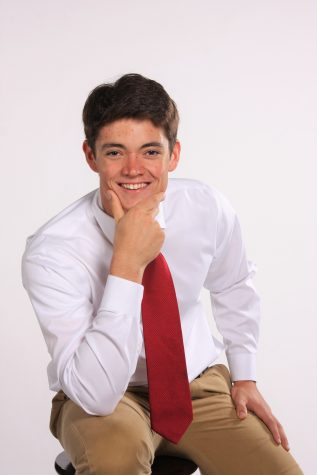Most would recognize his voice from the daily morning announcements. Many juniors are familiar with his face from their classes together. His presence at Oakton has grown undeniable, but what many do not know about junior Saryal Saeed is the captivating story which has brought him to the school, and which he hopes to share with everyone in its community.
As those familiar with Saeed already know, he has come to the United States from Pakistan as part of a foreign exchange and study program. His program in particular, however, has been founded with an especially important interest in mind. Saeed is currently participating in what is known as the Kennedy-Lugar Youth Exchange and Study Program (YESP). This project, funded by the US State Department, brings students from predominantly Muslim countries to the United States in hope of bringing more realistic perspectives of the respective nations to both places.
While much animosity has existed in the United States towards Islamic nations in recent years, those hostilities have not been limited to the Western Hemisphere. With the rising tensions of extremist terrorism and growing international instability, many in the Middle East have looked to the United States to shoulder much of the blame. These emotions have incited disillusioned perspectives on both sides, in which they see the people of these countries as antagonists, rather than the allies which they could really be for each other. As Saeed put it, the tensions have developed into a “blame game” between the countries, where nobody is able to look at the issues objectively.
The YESP has taken it upon their program to bring students such as Saeed to the United States to showcase the more subtle realities of life in the United States, and to hopefully send back more educated and amicable citizens to their home countries.
For Saeed, this experience has already begun paying huge dividends in its first goal, as he is seeing for the first time the truths of life in the United States. “The media in Pakistan shows the USA as a bad place. Ever since the terrorism began, they’ve said bad things about this country, but since I’ve come here, I [have] realized that the people here aren’t bad at all. They’re just other people.”
While his visit to America has so far brought many revelations to Saeed, he also hopes to reverse some of the stereotypes which many Americans have of people from the Middle East. First, he hopes to emphasize the idea that not all Muslim countries are the same, nor should people in America see them that way. “In Saudi Arabia,” Saeed said, “women are not allowed to drive. But, in a lot of the [countries of the] Middle East, like Pakistan, women are still allowed to drive. A lot of these stereotypes don’t come from actual Islam, but from the countries themselves.”
Saeed also hopes to change the mindset that murderous, extremist terrorists are supported by Islamic religious doctrine. “In Islam, the saving of one life is equivalent to saving the entirety of humanity,” said Saeed. “But also ending one person’s life is the same as killing all of humanity. We don’t just see the terrorists as not being Muslims. We don’t even see them as people.”
It is also critical, Saeed believes, that in order to improve understanding of this issue Westerners must become more familiar with the appropriate terminology. Specifically citing the Arabic words of “jihad” (which translates to “self-defense”) and “taliban” (which actually means “to gain wisdom and knowledge”,) Saeed points out how many words which are common in the Western vernacular on terrorism have entirely different meanings in their native tongues.
As controversial of topics as terrorism and Islam have become in the United States today, Saeed feels no shame in expressing his religion as he visits this new country. “I feel comfortable with my religion,” said Saeed. “I am here to change the stereotypes, and people should know that Muslims are friendly, welcoming people too.”
Since his arrival, Saeed has been on the lookout himself for what the friendly Americans are like. One of the most striking aspects for Saeed of the culture in the United States has been its incredible diversity compared to his home in Pakistan. “In America,” Saeed claims, “everyone is so different from each other. In Pakistan it is so easy to make friends and talk to people because we all share the same culture and beliefs. But here, in the United States, it’s all different.”
Although this diversity made it a bit difficult for Saeed to get acclimated when he first arrived, the concept has since grown on him greatly. “I love the diversity. It is so great to talk to all these different people all the time, and all get along together.”
As noticeable as America’s diversity has been for Saeed since coming here, it is by no means the only part of the nation’s culture which he finds appealing. When asked what his favorite part about the United States has been since coming here, the response rolled immediately off of Saeed’s tongue. “Times Square, in New York City. It is so cool, with the lights, the stores, all the things to do. It is such a beautiful and awesome place to be. I love it.”
Beyond the shopping in New York, Saeed has also taken a liking to the food in America, including the hamburgers at McDonalds, and – most importantly – the mac ‘n cheese from the Noodles and Company which has since become his meal of choice. “The mac ‘n cheese,” Saeed said as he licked his lips at the thought, “is my favorite food here.”
While these cultural staples of the United States have been a novelty for Saeed, much of life in America is similar to that which he has back in Pakistan. Listening to Fetty Wap, playing FIFA on XBox, and texting on his iPhone were all daily habits for Saeed well before he came to the United States. “People always ask me,” Saeed said laughingly, “if I’ve ever seen an iPhone before I came to America, and I always just pull mine out of my pocket and show them: ‘Here! Here! I am just like you!’”
Saeed did point out that school in the United States is different from that in Pakistan, claiming it is sometimes more interesting and almost always more conceptual. Saeed, who speaks five different languages, and has been practicing English since first going to school as a boy, said he still has the most trouble in English class. His issues with the class do not result from any issues with the language itself. While he may be coming from a different countries, his complaints about boring essays and abstract literary thought are none too foreign for most Oakton students.
Saeed has quickly gained his footing in the school’s community through his participation in the classroom, as well as his participation in activities with student leadership. “I wanted to take an interest in different activities so I could see what it is really like for people in America,” said Saeed.
Of all his activities, Saeed said he most enjoyed doing the morning announcements, a practice in speaking which he hopes to turn into a public speaking engagement later this year. Saeed plans to speak at this year’s annual cultural festival, an opportunity he hopes will allow him to share his worldview with the entire school. Saeed plans to focus his speech on the issue of international cooperation, claiming that increasing unity with people of different countries is the solution for contemporary global issues. “I just want everybody to know that we are all just people. We all face the same problems. But if we want to solve them, we need to get united.”








